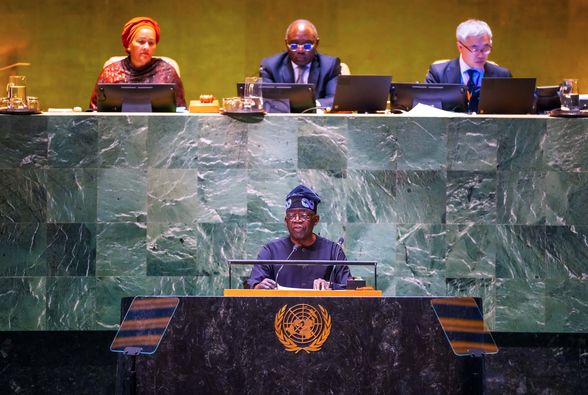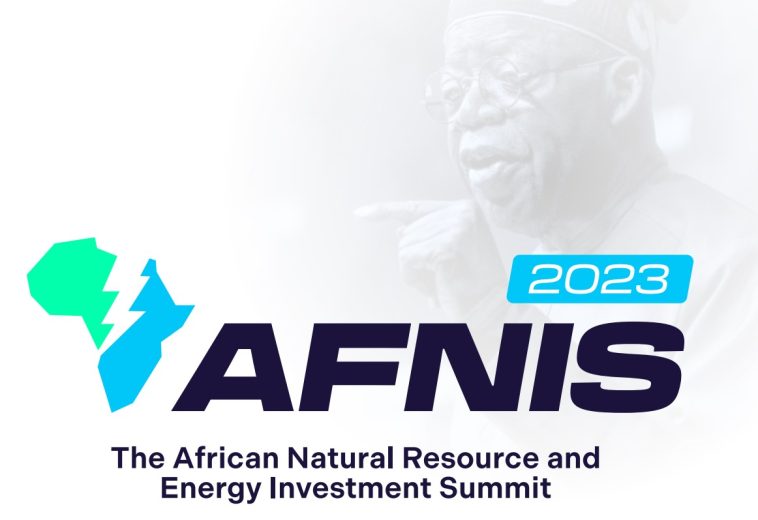The United Nations General Assembly and the African continent have formed a vibrant alliance in a harmonic and mutually beneficial collaboration. This relationship is profoundly anchored in the ideals of mutual support, respect, and African leadership, and it serves as a cornerstone for solving Africa’s diverse set of challenges. These difficulties include issues of peace and security, sustainable development, and human rights protection. In this informative post, we will examine the varied relationship between the United Nations General Assembly and Africa, focusing on their collaborative efforts and the benefits gained by both parties.
The UN General Assembly’s considerable contributions to peacekeeping resolutions are one of its most important tasks in Africa. The United Nations has conducted peacekeeping missions in several African countries, notably the Democratic Republic of the Congo, Somalia, and Mali. These missions are critical in reducing violence, protecting civilians, and encouraging political discussion, ultimately establishing a peaceful and stable environment.
The African Union Peace and Security Council (AUPSC), the key organisation responsible for avoiding, managing, and resolving crises on the African continent, receives consistent backing from the UN General Assembly. This collaboration includes training, capacity building, and resource allocation, boosting the AUPSC’s efficacy in sustaining peace and security.
Furthermore, the United Nations General Assembly has endorsed a number of resolutions and declarations, including the 2030 Agenda for Sustainable Development and the Sustainable Development Goals (SDGs). These 17 global goals are intended to address pressing challenges like poverty, hunger, climate change, and inequality. The United Nations General Assembly is actively involved in mobilising resources and providing assistance for the SDGs’ implementation in Africa.
Supporting Africa’s New Partnership for Development (NEPAD)
The New Partnership for Africa’s Development (NEPAD), a strategic framework for the continent’s growth, was approved by African leaders in 2001. Through numerous initiatives, the UN General Assembly has played a critical role in boosting NEPAD by aligning global efforts with Africa’s aspirations. Furthermore, the UN General Assembly, through the passage of significant resolutions and declarations such as the Universal Declaration of Human Rights and the African Charter on Human and Peoples’ Rights, serves as an important advocate for the promotion and protection of human rights in Africa. It has also established instruments to monitor and uphold human rights, such as the Human Rights Council and the Universal Periodic Review.
Africa’s Influence on the United Nations General Assembly
Africa holds significant power within the UN General Assembly as the world’s most populated continent, making its support essential for the Assembly’s efficacy in solving global concerns. This African presence helps to make the multilateral system more balanced and equitable. As the cooperation between the UN General Assembly and Africa fosters peace, security, sustainable development, and human rights on the continent, a wealthy and peaceful Africa is in the best interests of the entire world. In turn, this collaboration promotes a more peaceful and prosperous world for all.
Africa and the UN General Assembly form mutually beneficial partnerships, demonstrating the potential of collaboration. The UN General Assembly’s support for the African Union Peace and Security Council strengthens the continent’s conflict prevention and resolution capacities. Furthermore, their support for NEPAD elevates Africa’s development priorities globally, while their financial and technical assistance for SDG implementation improves the lives of millions of African.
The United Nations General Assembly’s relationship with Africa exemplifies the power of teamwork. They work together to address Africa’s diverse concerns, which range from peace and security to sustainable development and human rights. This collaboration not only serves Africa’s interests, but also helps to make the globe a more peaceful and wealthy place. As this alliance develops, it emphasises the need of international cooperation in crafting a better future for everybody.


